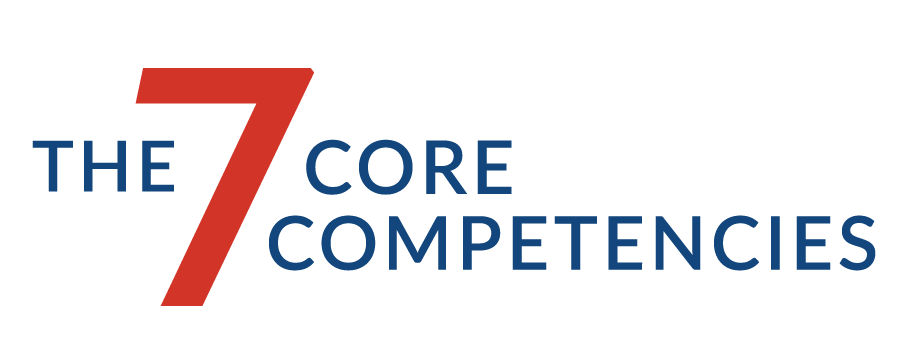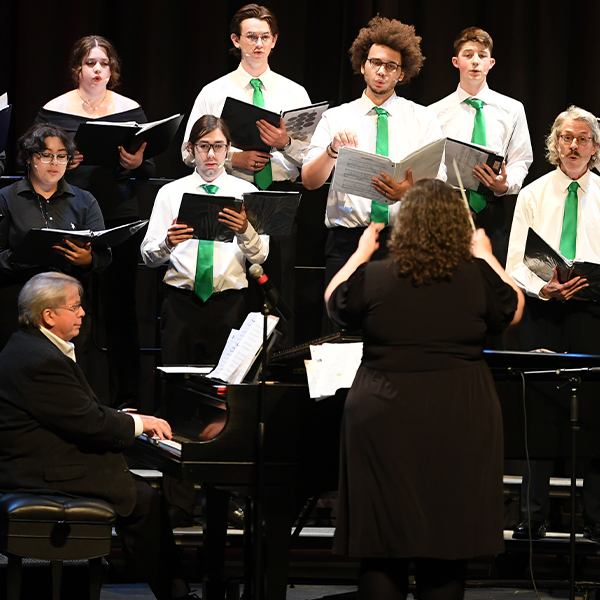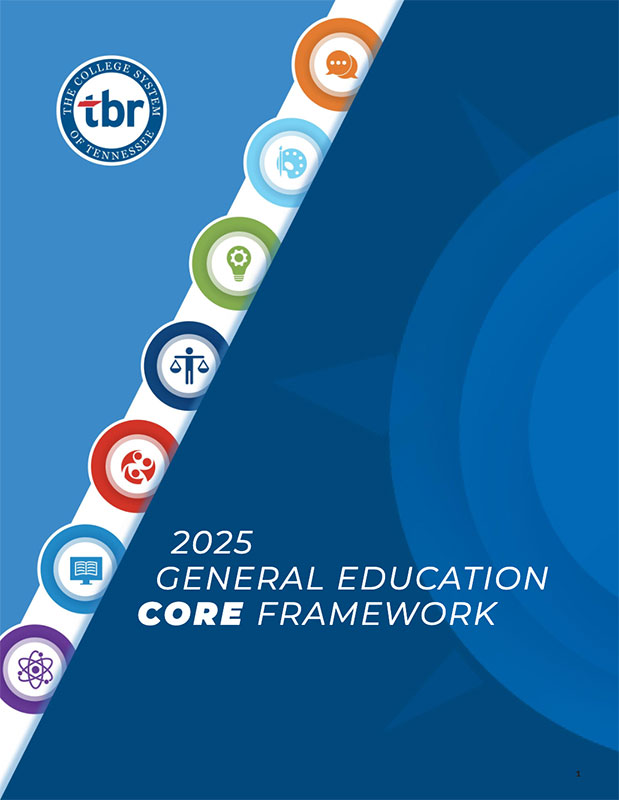
Purpose
The purpose of the Charger Core is to prepare every student to navigate a world of evolving opportunities. It is unbounded by academic discipline and challenges students to discover the inherent interconnectedness of knowledge and the intersection of self and society.
The Charger Core develops skills in acquiring, evaluating, and using information as well as communicating ideas through digital, written, oral, artistic, scientific, and mathematical expression. It challenges students to think independently, write clearly, and speak effectively, and to employ logical and critical reasoning to solve problems even when faced with incomplete, ambiguous, or conflicting data.
The Core encourages students to develop a curiosity for learning, an appreciation of conceptual complexity, and a deepened sense of self-awareness regarding their own beliefs and values. It helps students engage with civility and respect others who may have contrasting life histories, opinions, and worldviews. It fosters an appreciation for human commonality and teaches individuals the ethical implications of living in a global, social ecosystem.
Ultimately, the Core’s purpose is to equip every student to pursue a challenging career, experience a rewarding personal life, and inspire others to do the same. Learn More.
The Charger Core comprises 41 hours (out of 60 for the associate degree) from 6 categories:
Communication 9
History 6
Humanities/Fine Arts 9
Mathematics 3
Natural Sciences 8
Social/Behavioral Sciences 6
Critical Thinking is the Core Competency Constellation’s “North Star”— a guiding principle for all courses in the Charger Core curriculum, which comprises the seven competencies crucial for effectively navigating life at all levels: personal, professional, and civic.









